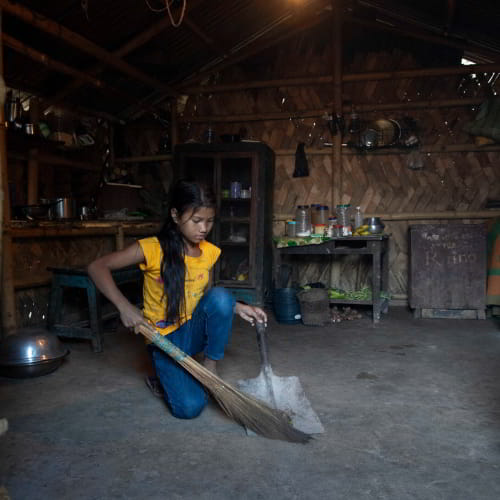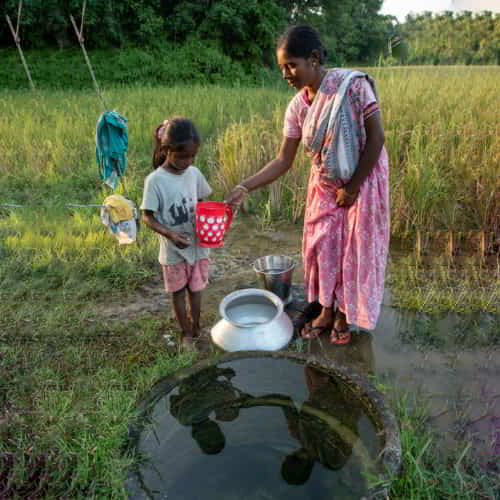What Are the Effects of Poverty on Society and the Community as a Whole?
The effects of poverty on society are vast and all-encompassing. Globally, an astounding 659 million individuals, spanning across nearly every nation on Earth, grapple with the clutches of poverty.[1] This pervasive predicament spares no community, affecting both sprawling urban centers and secluded rural hamlets alike. Regrettably, regardless of the community’s size or location, the adverse consequences of poverty cast a shadow over every facet of society.
A Multifaceted Influence: The Far-Reaching Effects of Poverty on Communities
One of the most distressing impacts of poverty resonates within the realm of education. The absence of parental education often translates to a diminished emphasis on learning within households. Such circumstances normalize the exclusion of children from schools. Especially in regions plagued by severe poverty, children may be relegated to tasks such as water retrieval, child labor, or domestic chores. This regrettable reality impinges on their ability to access education. Moreover, poverty’s ripple effect extends to stunting proper child development due to malnutrition.
Economic Stagnation: Fostering Generational Unproductivity
The relentless grip of poverty tightens over time, giving rise to generations that grapple with insufficient education, undernourishment, and an inability to contribute effectively to society. Across the globe, individuals labor arduously in unskilled positions, their efforts scarcely sufficient to satisfy basic needs. Their fervent desire to provide for their families remains unmet, and despite their unwavering dedication, they find themselves trapped in a perpetual cycle of stagnation. This impasse denies them the opportunity to acquire the skills necessary to foster successful businesses and bolster the economic foundations of their nations.
In regions where extreme poverty prevails, the scarcity of clean water assumes critical significance. The absence of wells, coupled with reliance on polluted ponds and rivers, culminates in dire health consequences for these marginalized communities. Waterborne diseases run rampant, endangering lives and further exacerbating the vicious cycle of poverty.
Sanitation Crisis: Undermining Community Well-Being
Profound poverty also manifests in the absence of sanitation facilities, a plight acutely felt across South Asia and Africa. The practice of open defecation persists due to inadequate access to toilets. The resultant impact is not only detrimental to health but also compromises the overall well-being of communities struggling to break free from poverty’s clutches.


Comments
Post a Comment